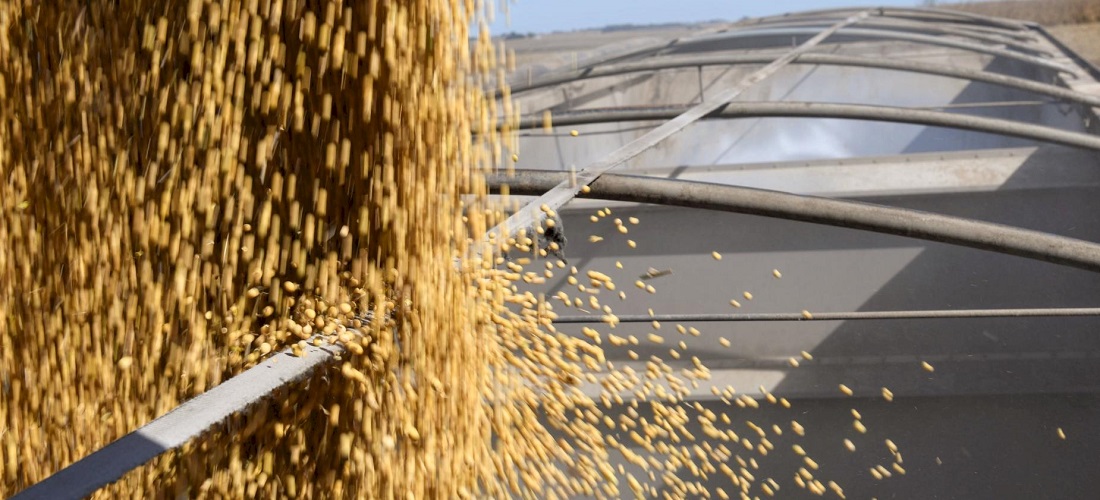
Soy smugglers bring ‘imported’ plague and tax evasion to Brazil
Oct, 14, 2022 Posted by Gabriel MalheirosWeek 202241
Soy smugglers from Argentina to the south of Brazil are generating a new array of problems for both countries. The contraband allows Argentines to avoid paying retenciones, the export tax collected by its federal government, making smuggling activities below international quotations profitable. Meanwhile, on the Brazilian side, invoices from local producers, ‘heated up’ for smugglers, cause a loss of state revenue since ICMS – Brazil’s excise tax – has to be collected on legal imports.
Michel Alaby, a specialist in international trade, calls attention to the fact that soybean smuggling causes no damage to the federal treasury since there are no fees levied on trade between two Mercosur partners. Still, there is exchange evasion with the payment of unregistered contraband.
Of course, neither side’s amounts have been calculated, but it is assumed that they total thousands of tonnes.
An example is the municipality of Tiradentes do Sul, in the northwest of the state Rio Grande do Sul, where the city government issued invoices for 42 thousand tonnes in recent times, but the city only manages a maximum of 9 thousand/t of production. The 2020 IBGE recorded seven thousand/t.
The region is one of the targets of the investigation by the state and federal police, with the support of the Argentine authorities, after cargo seizures on the 13th.
Such a porous border exposes both countries to several fragilities.
In terms of sanitary risks, for example, the unwilling exchange of pests is among the leading causes of concern. Ricardo Felicetti, the director of the state government’s Department of Plant Health Defense, has already linked the spread of the resistant weed and pest Amarantus hibridus to the importation of illegal soy.
“It shouldn’t be a crime”
The chief economist at Farsul argues that the so-called soy smuggling shouldn’t even be a crime considering the existence of the Mercosur bloc and that there is no import tax between these countries.
“We are a bloc. Therefore, the more products circulate here, the more trade, the more services,” argues Antônio da Luz, essentially advocating for the increased flow of money.
Authorities would need to develop a legal framework to find a positive solution.
The economist believes the situation is favorable for Argentina, as it keeps production levels unaltered despite the Argentine government’s “absurd decision” to institute an export tax to help save public accounts.
The country’s exports fell again this month after the expiry date of the exchange aid temporarily offered by the government.
Source: Money Times
To read the full original article, please go to: https://www.moneytimes.com.br/soja-ilegal-da-argentina-ja-trouxe-praga-importada-e-evasao-de-divisas-e-do-icms/
-
Ports and Terminals
Jan, 30, 2020
0
New warehouses being operations at Capuaba in Vila Velha
-
Other Cargo
Oct, 24, 2023
0
Poor performance of Uruguay’s ovine sector, hit by low international prices
-
Oil and Gas
Mar, 02, 2023
0
Brazil to tax oil exports
-
Grains
Apr, 05, 2022
0
Soybean exports from Brazil are expected to fall 29% in April compared to 2021, says Anec

